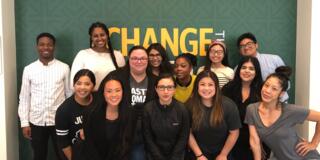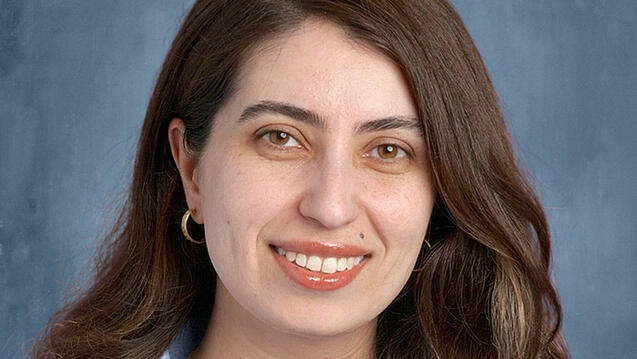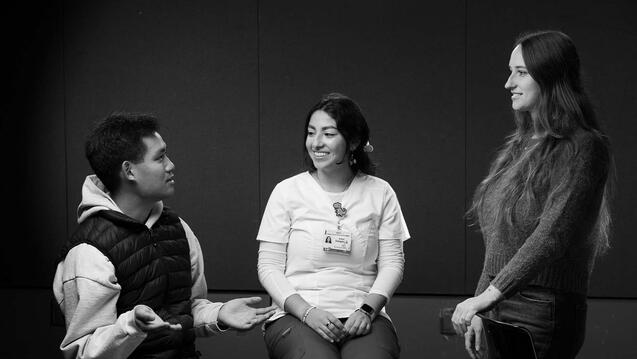Changing the Narrative

Master of Public Health (MPH) student, Amy Ma ‘19 was always curious about healthcare.
When she and her parents moved to the United States from China 15 years ago, part of her childhood experiences involved spending days volunteering in labs and hospitals where her mother worked in research. No stranger to the importance of well-rounded healthcare, Amy decided to pursue neuroscience and physiology. Wanting to explore more of what healthcare offered, she enrolled in an introduction to public health class and ended up liking it so much she eventually declared public health as her major.
“I gave public health a try and it basically gave me words to things I couldn’t articulate before. It was a perfect match for my interests. The professor had a panel of public health professionals come in to chat with us and I was inspired by their stories. I wanted to be a part of their work and it was then that I declared public health as my major.”
Amy’s interest in mental health care and community outreach grew through her major, and after graduation, she looked for a job opportunity that would allow her to give back. She found a match in AmeriCorps — a one-year service-learning program that places corps members in areas of critical need.
As part of her Corps experience, Amy was placed at a local elementary school where she worked with high needs students on their emotional and social skills, focusing primarily on nutrition, physical activities, and community building. This experience opened her eyes to youth development and many contributing socio-environmental factors, ultimately leading her to USF’s MPH program.
"What blew me away about public health, is that it is so all-encompassing. Public health looks at everything in a person or a community's life and tries to solve problems from the bottom-up. That's how I approach life."
Connecting with the Community
As part of her coursework, Amy found a way to take her interest in the field and give back at the same time. In collaboration with an immigration support center in Chinatown, she analyzed outcomes from a community needs assessment that measured the demand for specific social services. Findings revealed that housing assistance and workforce development skills were the community’s priorities.
Throughout her fieldwork, Amy sought out opportunities to connect with community members and made it a point to attend events like single room occupancy (SRO) family dinners.
"I didn't want to just do data. I wanted to connect with people and build relationships with these families. Many are Chinese immigrants, just like me and my family. It was honestly the best part of my fieldwork. I learned a lot more than I could possibly study in the classroom. The staff were amazing and made me feel like I was a part of the family.“
By taking the time to get to know community members, Amy noticed a troubling issue — the unforgiving stigma surrounding mental health in the Asian community. Having grown up in an Asian family, Amy found that the role of therapy was often misunderstood, and many in the community did not prioritize mental wellbeing and left mental illnesses untreated. Amy wanted to do something about it. Today, she and other Asian-American community members are tirelessly advocating for mental wellness in addition to physical wellness in the community.
"It is especially challenging to get the older generation to come around and understand that mental health issues are a normal part of life, that everybody is prone to it in today's fast-paced world. However, I am hopeful. I’ve already seen small changes in my family as well as my community. And that’s a start.”
Amy is hopeful that with cultural humility and empathy, public health professionals can meet communities where they are and improve their quality of life.


